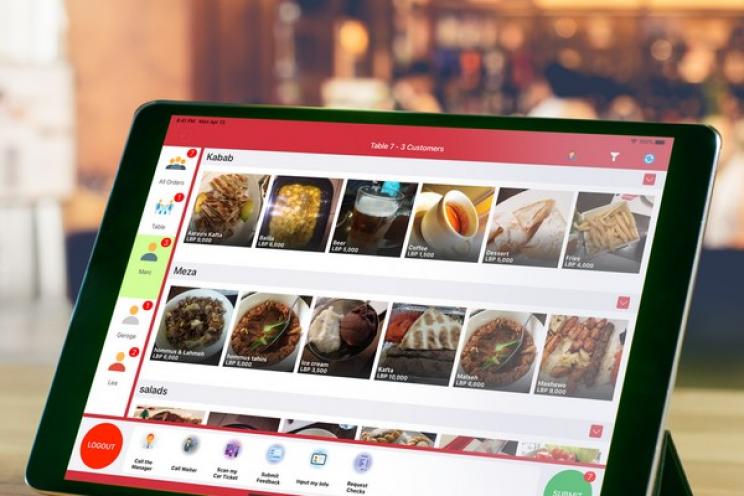
What are the best practices for an efficient supply chain management?
Your core business as a restaurateur is to get food to people so supplying this food and its raw material is essential, and so is the supply chain management skill that you should acquire to source your restaurant’s needs by raw material.
What is supply chain management?
SCM is the management of the flow of goods and services and includes all processes related to the transformation of raw materials into final products. It involves all the supply-side activities that lead to a maximized customer value enabling your business to gain a competitive advantage in the marketplace.
Supply chain management ensures that at every stage of your business’ operation, all the equipment and material are available sufficiently to respond to your production needs using them in the most efficient way to create the highest value and yielding into reducing costs.
What are the procedures included in the supply chain management?
Planning
The planning is the course of action you set to be executed using analytics to match demand and supply while controlling inventory and monitoring production processes.
Sourcing and transportation
Buying the ingredients and raw material whether from a farm or wholesale distributors to match the demand you have for prepared meals. Once your suppliers and raw material are identified, you need to get them to your location.
Production
Once you receive the raw material, it’s time to start the production process, food preparation in your case where raw material is transformed into meals ready to be served.
Delivery and distribution
Your food is prepared, and the meals are ready to be served depending on the orders requested from clients whether in the dining area or online for deliveries and take-outs.
Inventory management
Throughout the different processes, it is crucial that you keep track of your received goods, used ones and remaining ones to identify the time of replenishments and re-orders.
What are the best practices for an efficient supply chain management?
Build strong relationships with suppliers
It’s essential that you keep a strong relationship with your suppliers through an honest and open communication. It will enable them to better understand your ordering patterns and to respond to your needs and unexpected orders if any.
Beside the transparent communication, make sure you agree on clear payment terms that you can stick to or else they won’t be able to accommodate you for long.
Reevaluate your vendors and prices
Regardless of the nature of the relationship with your suppliers, you need to review your terms and prices with them at least once a year in addition to the quality of their raw material.
Always look for better deals from new vendors so make sure you’re not locked into a long-term contract.
Avoid relying on one supplier so you can always have a back up in case of any shortage or conflict.
Reevaluating your vendors depends on different aspects:
- Are your needs the same?
- Is there any area of dissatisfaction?
- Was my vendor always able to accommodate me?
Ensure adequate food supply for promotions
Don’t attempt to run any promotion without enough raw material needed for the preparation of meals on promotions.
The last thing you need is a customer who feels he is turned down during an advertised promotion because you simply lose your credibility, and it will affect your reputation.
Your needs should be clearly discussed with your vendors ahead of time and you should have identified your amounts based on a review of your previous sales with similar promotions using your POS software.
Act on changes in demand in a real-time manner
Relying on a software to track your overall supply chain procedures has great benefits. The most obvious one is foreseeing the changes in demand that leads into actions. The digital management of restaurant processes should be able to detect changes in demand so you should alter your own purchases whether by restocking or decreasing the amounts purchased or maybe changing the raw material themselves.
Track your supplies for safety
You need to identify the source of your raw material to ensure the food safety. Stay attuned to health reports so you stay updated, so you avoid the risks of associated outbreaks like the times of E-coli or Salmonella outbreaks linked to romaine lettuce and green leafy vegetables.
Your strong and open relationship serves you here when you need your vendor’s honesty the most to inform you about any outbreaks.
You should acquire the supply chain management skills and adopt its best practices to ensure smooth and efficient operations. Have yourself good relationship with multiple suppliers, monitor price fluctuations, detect changes in demand and rely on technology for ultimate operations.





